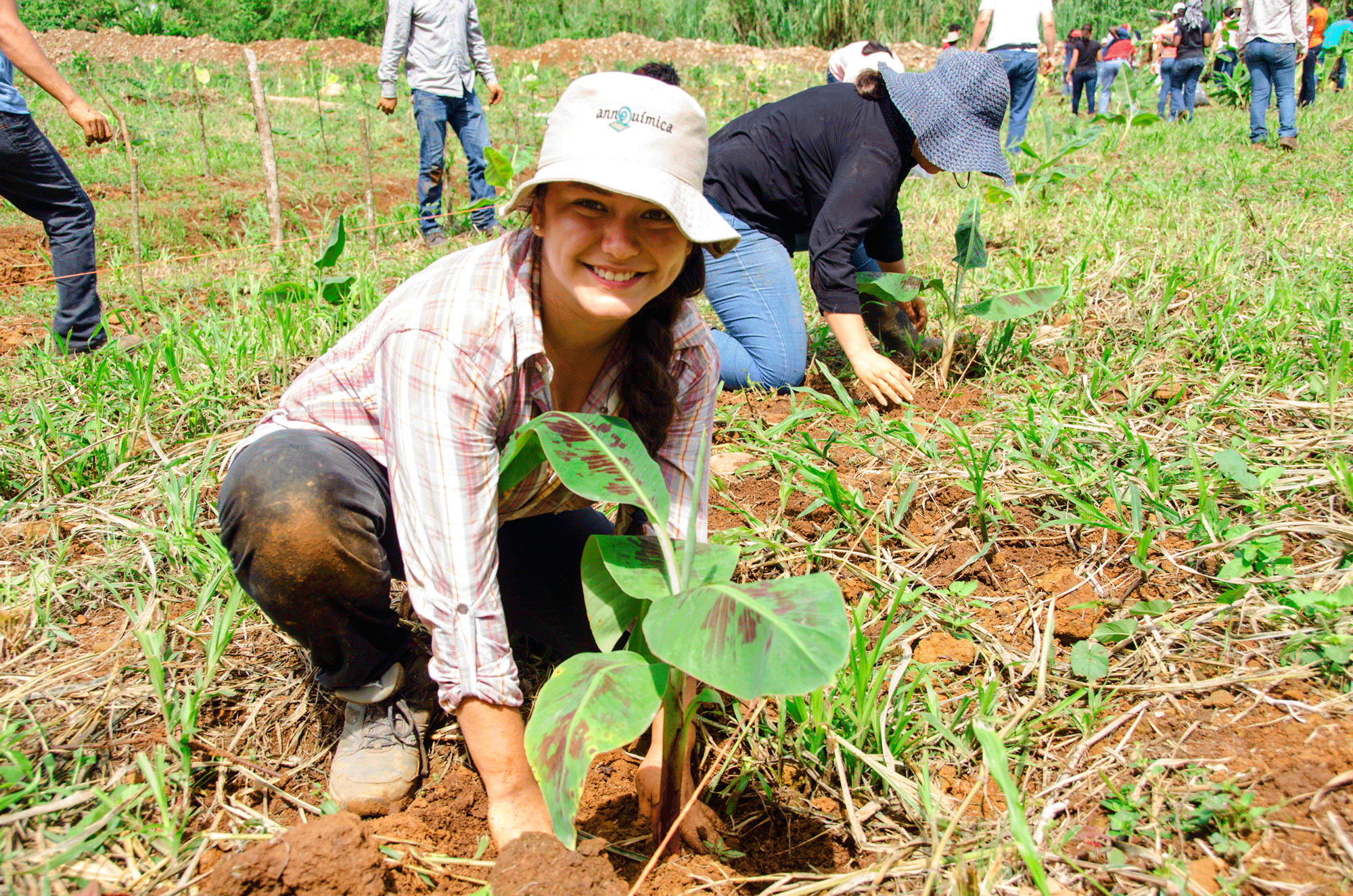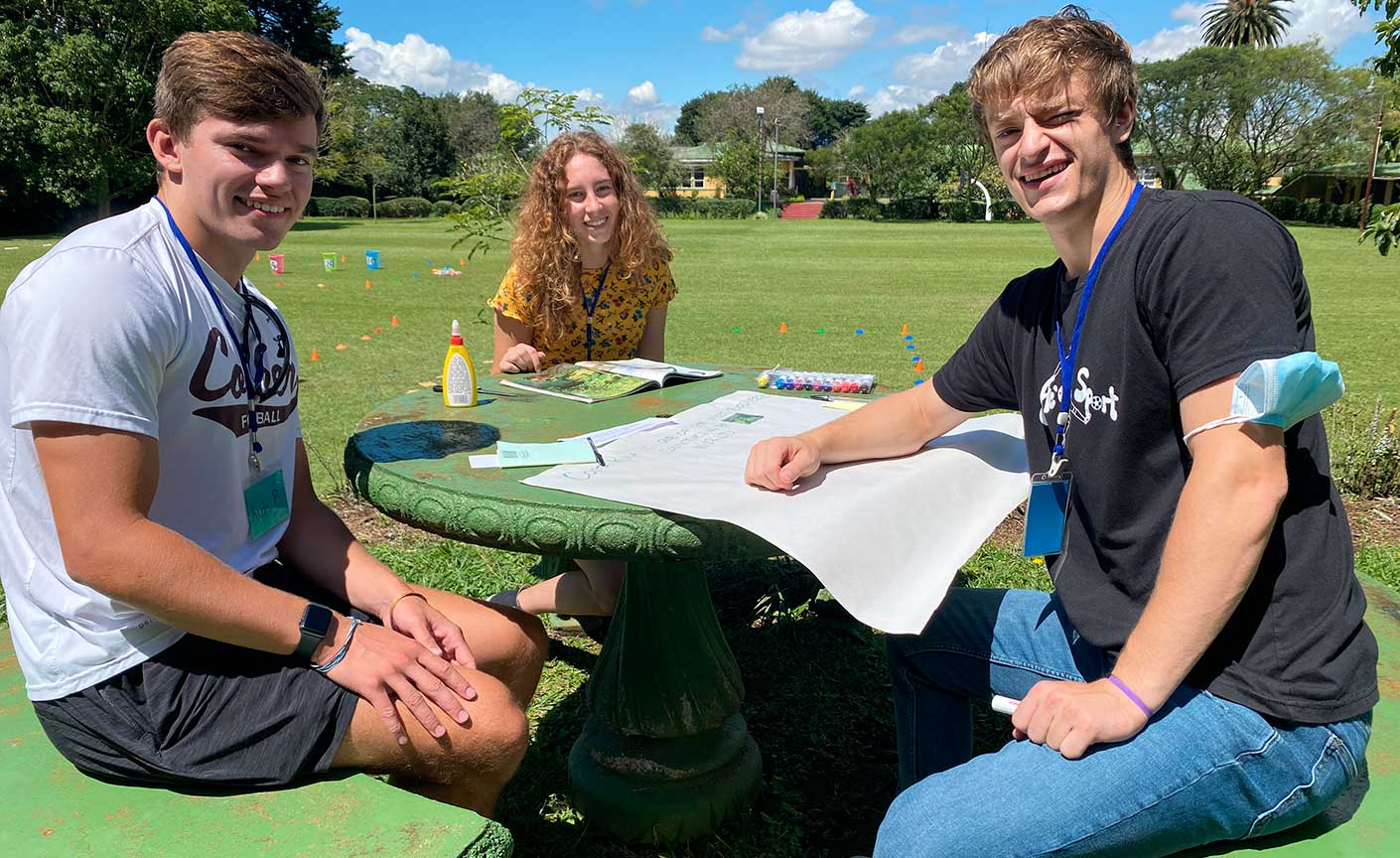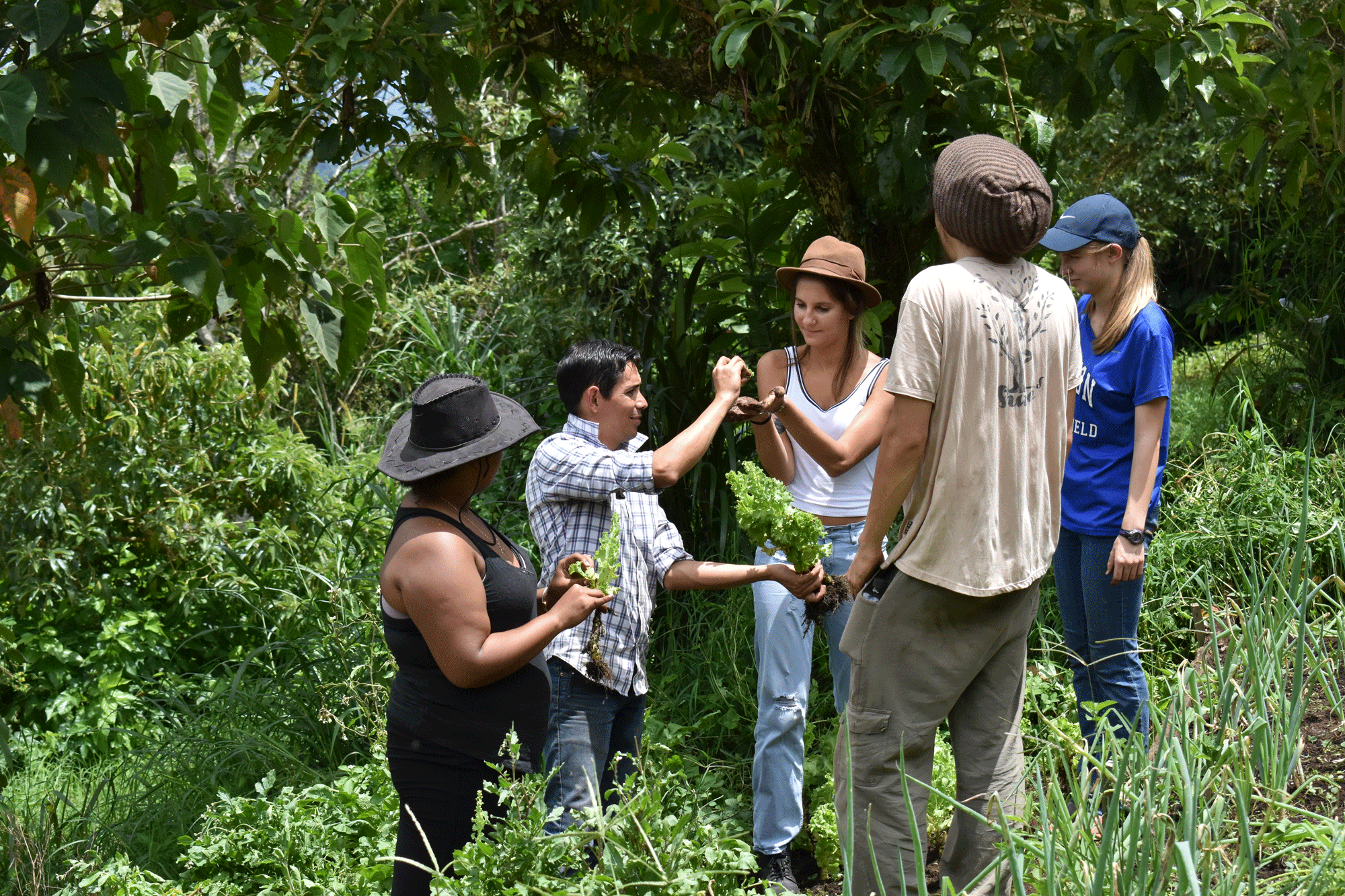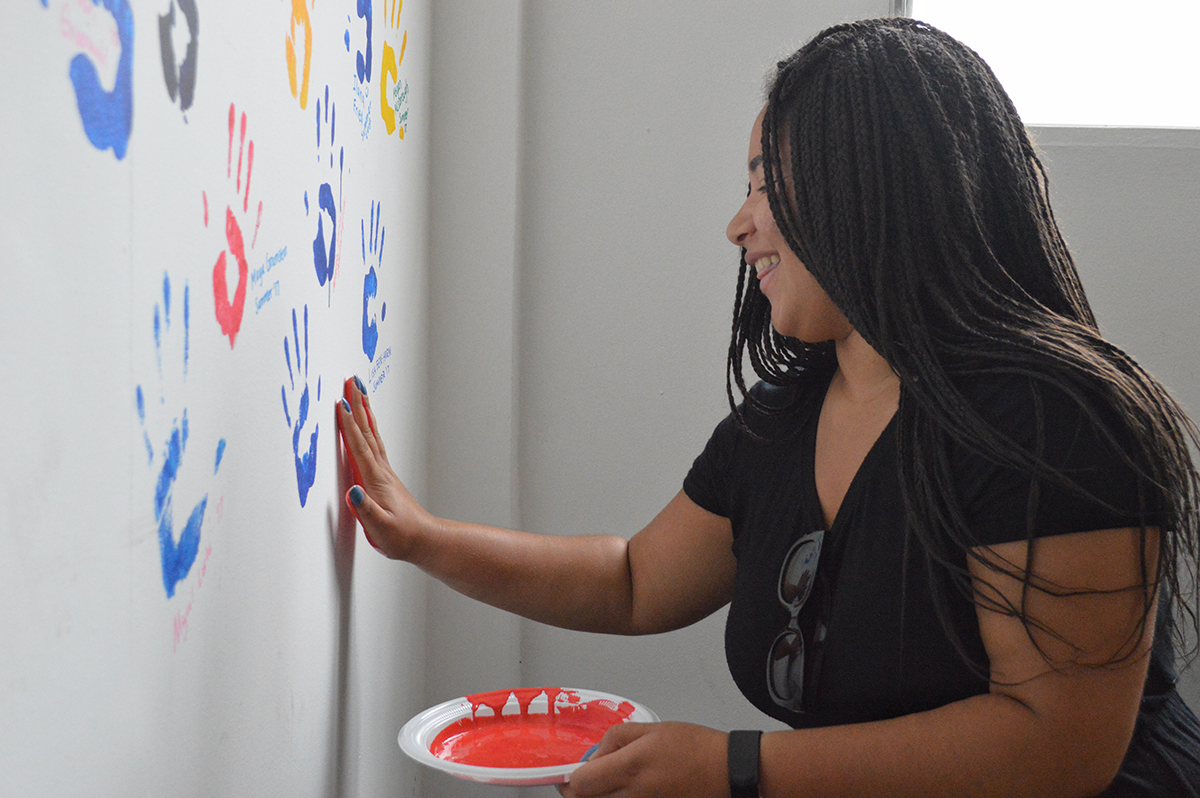Experiential Learning
Experiential learning helps students develop the required competencies for a successful professional career and civic engagement as a responsible global citizen by relying on a methodology that begins in the classroom, where you deepen your understanding of real world issues, enabling you to contextualize the practical activities you will encounter. Then, through community work outside of the classroom, you can reflect on your prior knowledge and use analytical skills to propose actions for positive change. The process of experiential learning helps you develop skills to become a life-long learner, while reinforcing your commitment to civic engagement.
ICDS offers several opportunities to complement academic work with practical experiences by engaging and participating with the community. Depending on the program selected, ICDS offers you the possibility to complement your studies with community service, clinical rotations, practicums, field work, co-ops, or internships.




